Thought for the Day – 7 December – Meditations with Antonio Cardinal Bacci (1881-1971)
INDULGENCES
“Indulgences are among the means by which we can help to satisfy the Divine Justice for our own offences and for those of the faithful depared.
Unfortunately, very few Christians understand the true nature of indulgences.
As a result, they neglect to fulfil the conditions necessary to gain them.
Canon Law defines an indulgence as “the remission in the sight of God of the temporal punishment due to sins already forgiven, which, the proper ecclesiastical authority concedes from the treasury of the Church, for the living, by way of absolution and for the dead, by way of suffrage” (Canon 911).
The main requirement is to be in the state of grace, which sinners can attain by means of the Sacrament of Penance, or by an Act of PERFECT CONTRITION.
If properly made, Confession takes away sin and eternal punishment but, not temporal punishment.
This may be cancelled by means of penance, prayer and good works.
In the early days of the Church, the penitential system was most severe (I wish it were so again!)
According to the degree of gravity, different sins drew penances of days, weeks or months of fasting on bread and water.
As times changed, the Church reduced these penalties and granted indulgences instead.
What we may ask, is the theological basis for these indulgences?
It is the spiritual treasury which is at the disposal of the Church, made up of the infinite merits of our Redeemer and added to, by the merits of the Blessed Virgin and the Saints.
These merits are communicated to us by the Church by reason of the consoling Dogma of the Communion of Saints, according to which, the Church Militant, Suffering and Triumphant, constitutes one Mystical Body of which Jesus Christ is the Head.
The Church has power to dispose of this immense treasure by reason of the injunction given to her by her Founder, when He said to St Peter: “Whatever thou shalt bind on earth shall be bound in heaven and whatever thou shalt loose on earth shall be loosed in heaven” (Mt 16:19).
There are no reservations – the injunction applies, not only to sin but, also to its punishment.
It is clear that indulgences are not merely a dispensation from the penitential discipline in the eyes of the Church, as certain heretics held and still hold but also, in the sight of God.
Indulgences reflect, both the mercy and the justice of God.
They reflect His justice because complete satisfaction is rendered by the merits of Jesus Christ.
They reflect His mercy because these merits are applied to us poor sinners and also, by way of suffrage, to the souls of our departed friends.”
Antonio Cardinal Bacci

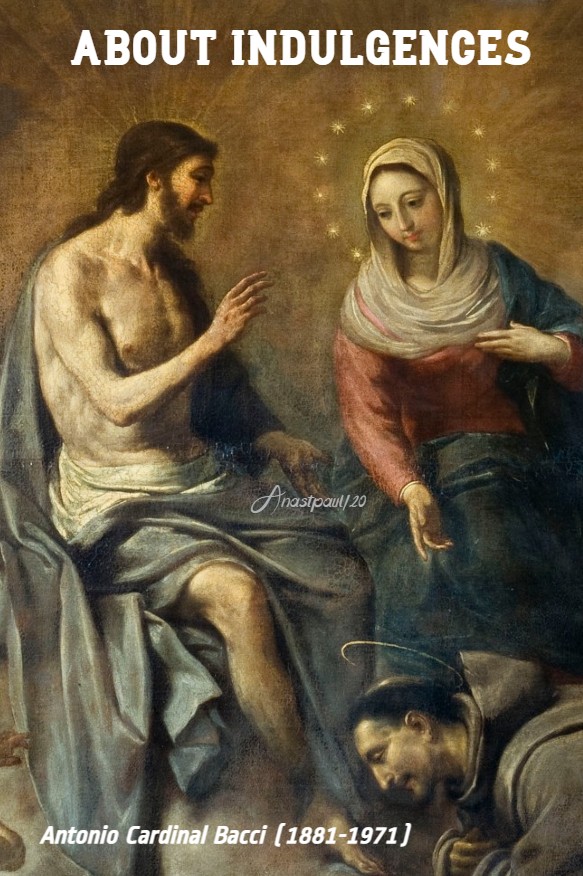
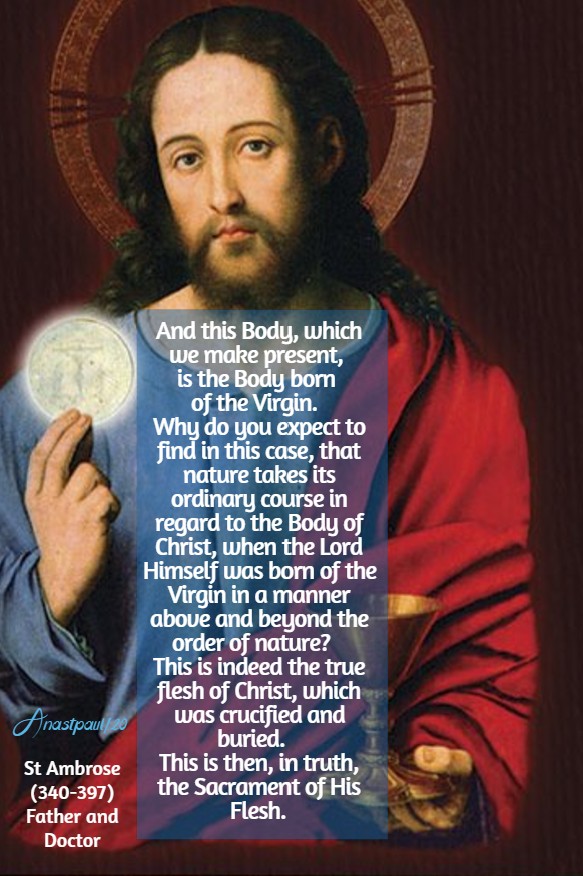
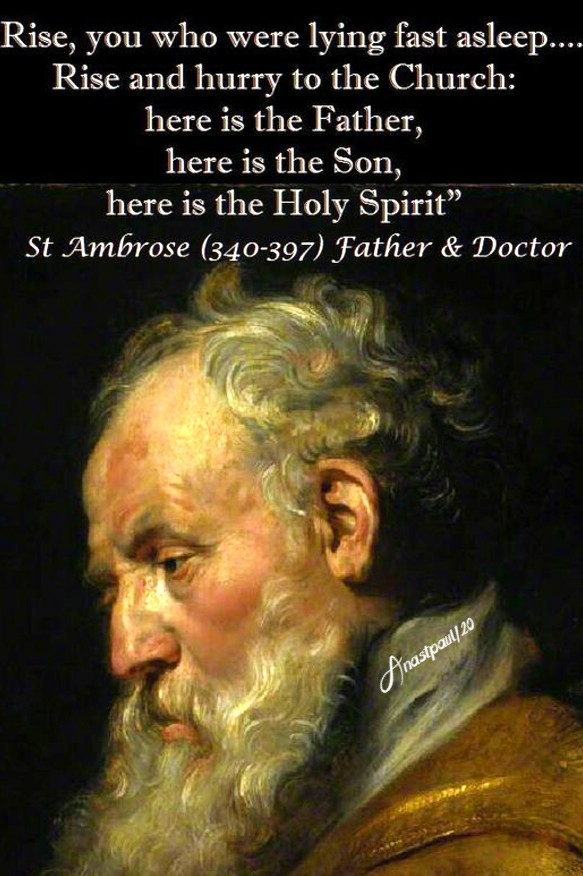
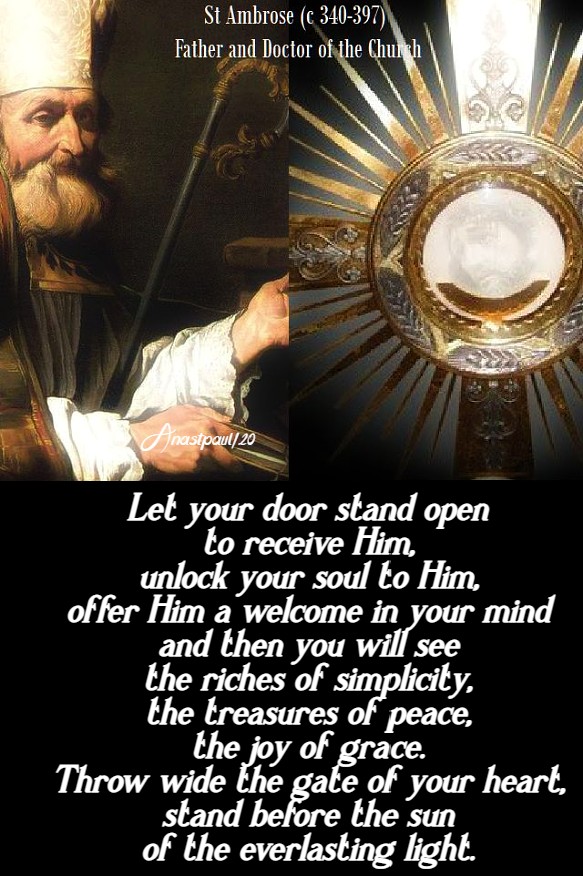
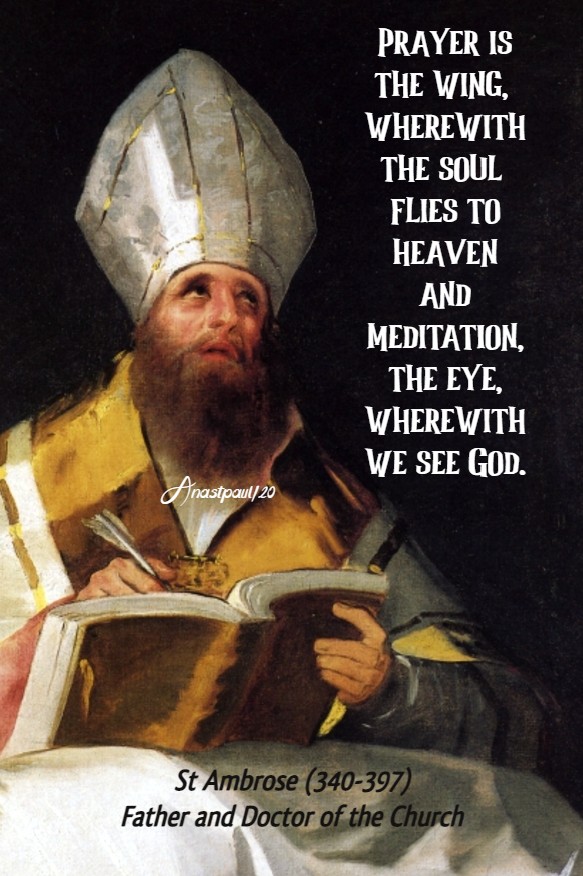

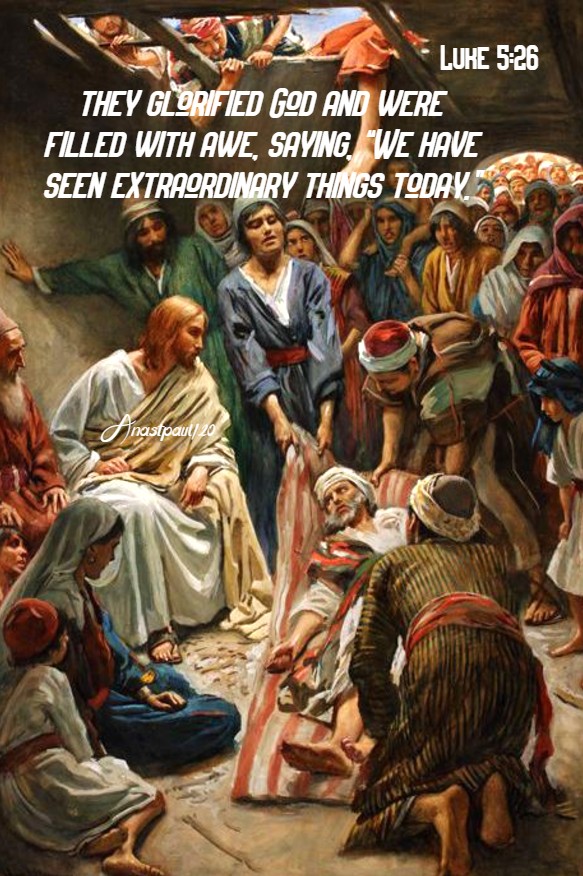

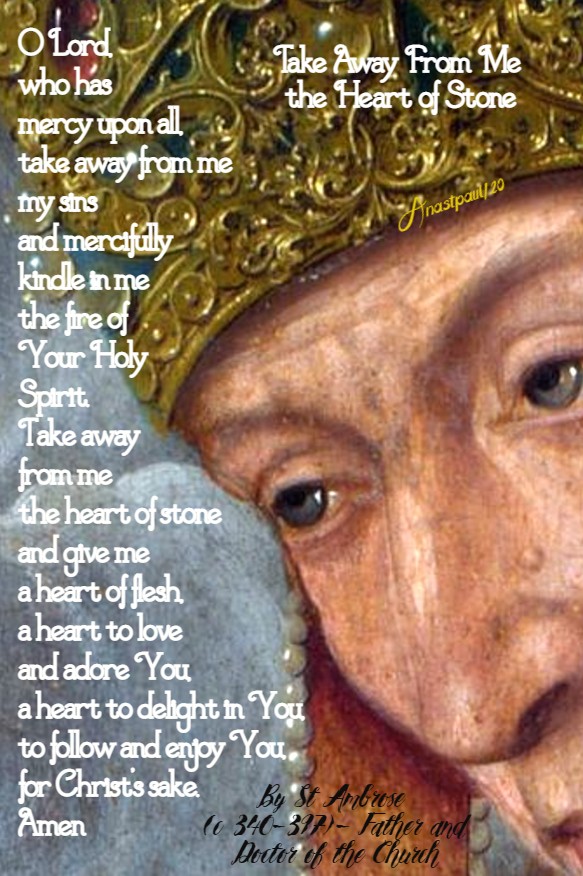
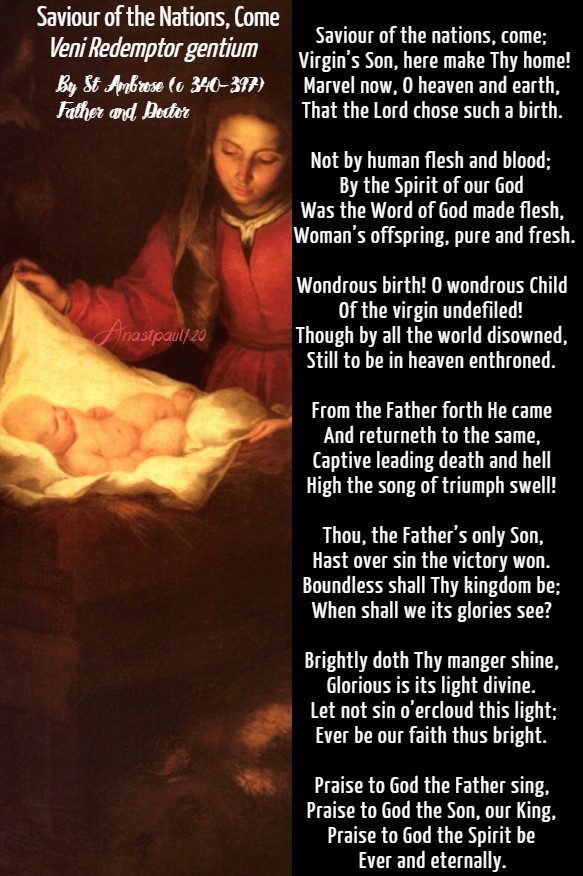
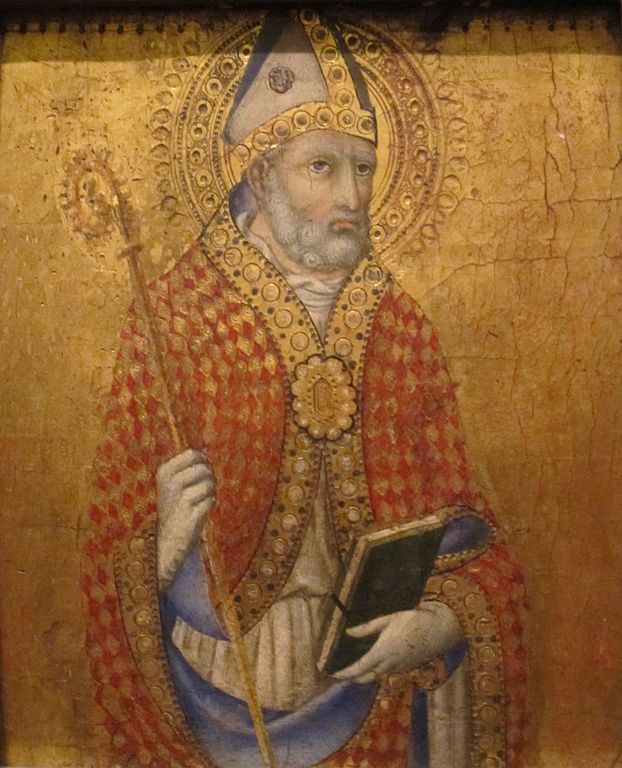
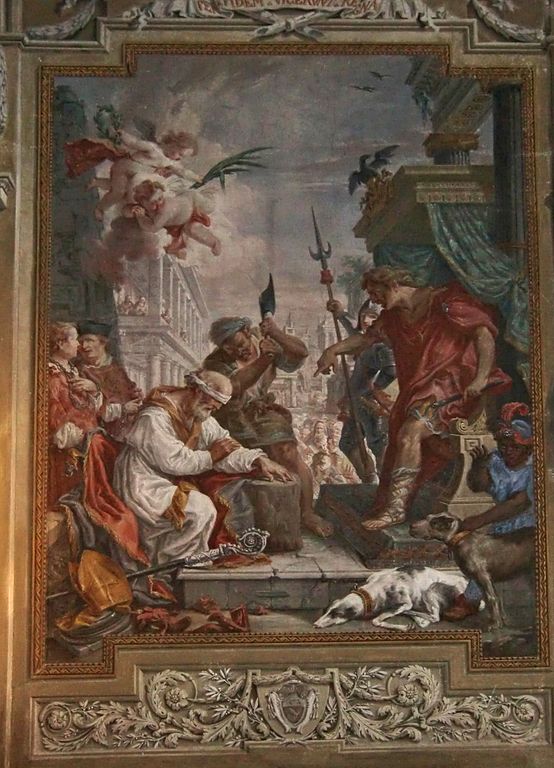
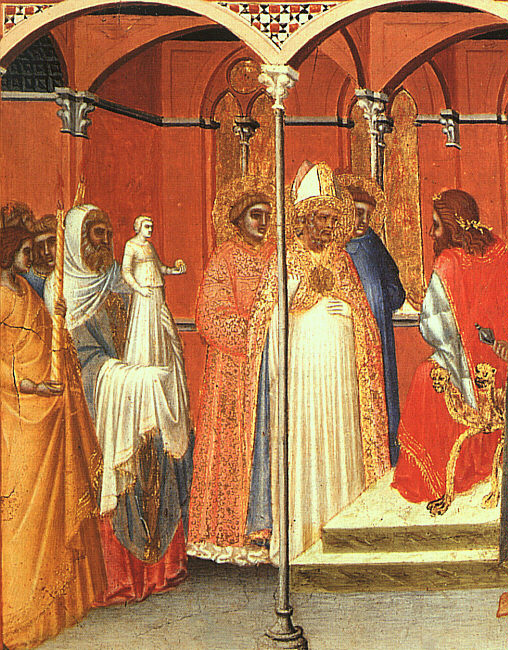
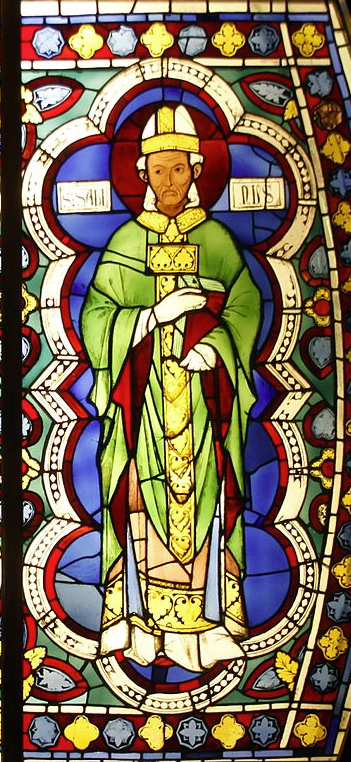
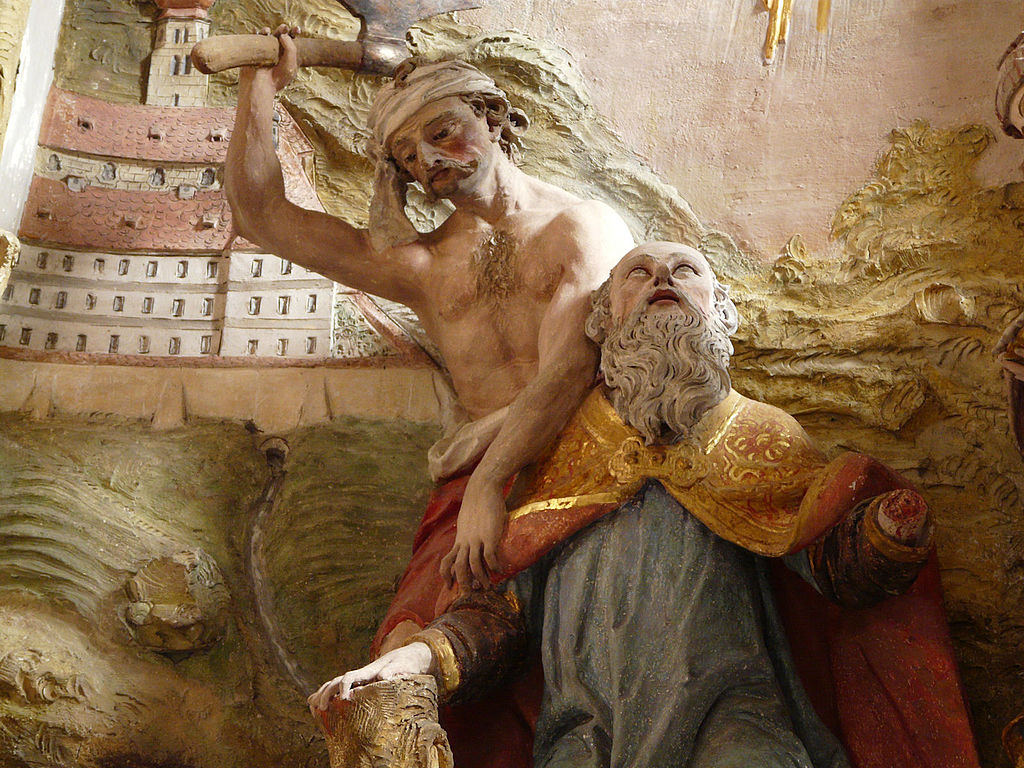
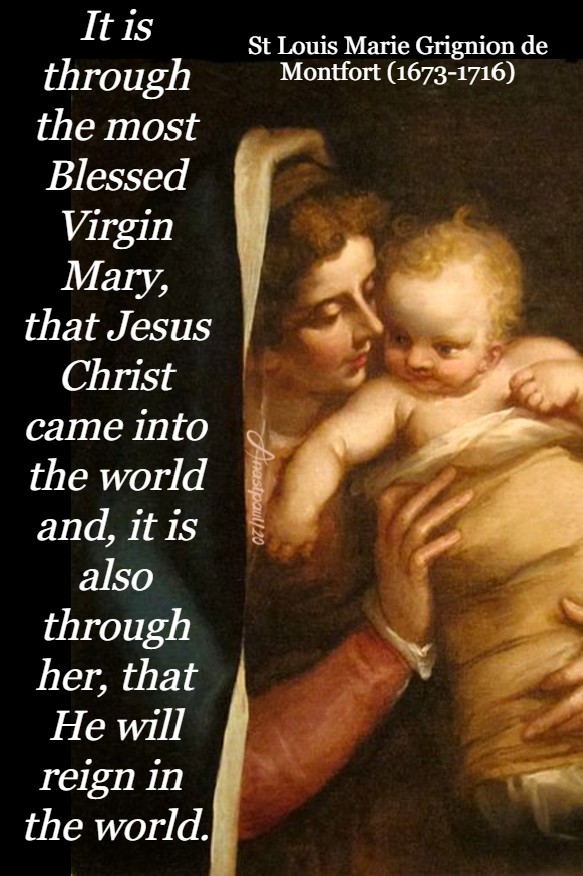
You must be logged in to post a comment.